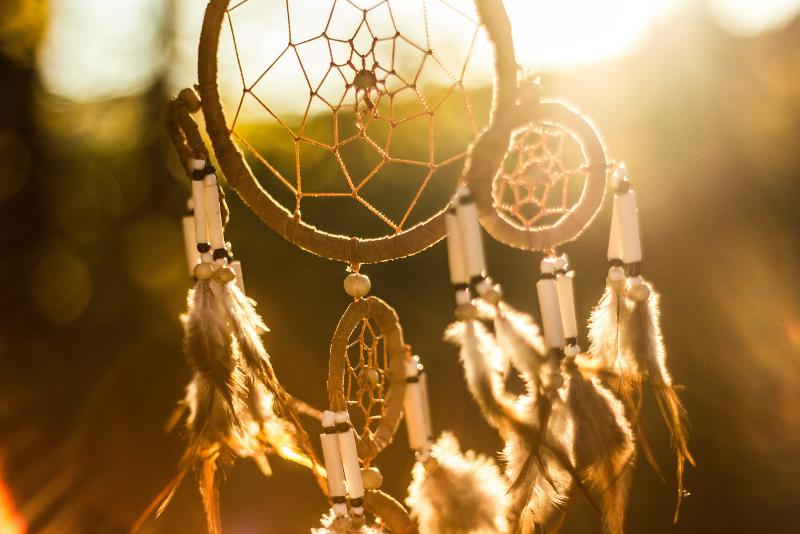In a world where environmental conservation is of utmost importance, we must not overlook the invaluable role that indigenous peoples play in preserving our planet. Archbishop Gabriele Caccia, the Holy See’s Permanent Observer to the UN, emphasizes the need to protect the rights, traditions, culture, and spirituality of indigenous communities. Join me, Jennifer Thompson, as we delve into the significance of cultural respect and environmental stewardship in safeguarding our planet's future.
The Role of Indigenous Peoples in Environmental Conservation
Explore the vital role that indigenous peoples play in environmental conservation.
Indigenous peoples have a deep-rooted connection with the environment, which makes them essential in the fight for environmental conservation. Their traditional knowledge and practices have been passed down through generations, allowing them to develop sustainable ways of living in harmony with nature.
By preserving their ancestral lands and protecting their cultural heritage, indigenous communities contribute to the resilience of ecosystems. Their holistic approach to conservation goes beyond mere protection of the environment; it encompasses the preservation of their way of life and spiritual beliefs.
Through their sustainable practices and profound respect for nature, indigenous peoples serve as guardians of biodiversity and play a crucial role in maintaining the delicate balance of our planet's ecosystems.
Respecting Indigenous Cultures: A Call for Cultural Heritage Preservation
Learn why it is crucial to respect and preserve the cultural heritage of indigenous peoples.
Indigenous cultures are rich in traditions, knowledge, and practices that have been honed over centuries. These cultural heritages are not only valuable in their own right but also contribute to the diversity and richness of our global heritage.
It is essential to respect and preserve indigenous cultures to ensure their continued existence and to foster cultural diversity. By doing so, we promote a more inclusive and harmonious society that values the contributions of all cultures.
Preserving indigenous cultural heritage also means acknowledging the rights of indigenous peoples to self-determination and autonomy. It is a call to protect their unique identities, languages, and spiritual beliefs from being eroded by external influences.
Sustainable Tourism: Balancing Conservation and Cultural Sensitivity
Discover the importance of sustainable tourism in protecting ecosystems and respecting indigenous lifestyles.
Tourism can be a double-edged sword when it comes to environmental conservation and cultural preservation. On one hand, it can provide economic opportunities for indigenous communities and raise awareness about their cultures. On the other hand, it can also lead to exploitation, cultural commodification, and environmental degradation.
Sustainable tourism aims to strike a balance between economic development, environmental conservation, and cultural sensitivity. It involves engaging with indigenous communities in a respectful and mutually beneficial manner, ensuring that their rights and traditions are upheld.
By promoting sustainable tourism practices, we can support indigenous livelihoods, protect fragile ecosystems, and foster cultural exchange that is rooted in respect and understanding.
Raising Awareness and Advocating for Indigenous Rights
Understand the importance of raising awareness and advocating for the rights of indigenous peoples.
Indigenous peoples face numerous challenges, including land dispossession, discrimination, and marginalization. Raising awareness about their rights and advocating for their inclusion is crucial in addressing these issues and promoting social justice.
By amplifying the voices of indigenous communities, we can challenge stereotypes, combat prejudice, and promote a more inclusive society. It is essential to recognize and respect their right to self-determination, land ownership, and cultural preservation.
Through education, dialogue, and collaboration, we can work towards a future where indigenous peoples' rights are fully recognized and respected, ensuring a more equitable and sustainable world for all.
Conclusion
Preserving the rights, traditions, culture, and spirituality of indigenous peoples is not only crucial for environmental conservation but also for promoting a more inclusive and harmonious society. By respecting and valuing indigenous cultures, we can learn from their sustainable practices and deepen our connection with the natural world.
Through sustainable tourism, advocacy for indigenous rights, and raising awareness, we can contribute to the preservation of indigenous cultures and the protection of our planet's ecosystems. Let us embrace a culture of encounter, where we celebrate diversity, foster understanding, and work together towards a more sustainable and equitable future.

